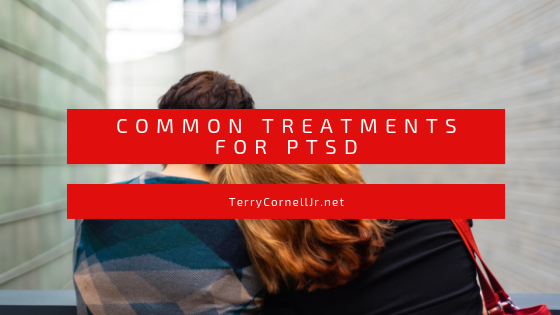Post-traumatic stress disorder (PTSD) is a severe anxiety disorder than many people suffer from all across the country. Anyone who has ever experienced a traumatic event in their lifetime could suffer from post-traumatic stress disorder. Veterans, in particular, are individuals that commonly suffer from PTSD from their time in battle. PTSD can be extremely crippling for people making it difficult to live a happy and productive life. Fortunately, there are a variety of different treatment options for people who suffer from PTSD. This article is going to explore some of the common ways people are treated for PTSD.
Therapy
PTSD is an anxiety disorder; therefore, one of the main treatment options for it is therapy. Cognitive-behavioral therapy or CBT is an active form of therapy where the patient is practicing the methods learned during therapy sessions in and outside of the session itself. In CBT, the traumatic event or events is the main focus point of the therapy. CBT helps you address your trauma and find ways to deal with it head-on so that you can implement coping mechanisms in your mind to help with PTSD. Exposure therapy is sometimes used with CBT to allow patients to enter the area or situation in which the trauma has occurred. If someone suffering from PTSD is having nightmares about the trauma, then exposure therapy is a great way to help cope when having those episodes. Participating in CBT and other subsets of CBT is a process and needs ample time to work properly. Sometimes effective CBT can take up to twelve weeks and in other cases, CBT sessions could be much longer than that.
Medications
In some cases medication could be a good solution to dealing with PTSD. Getting medication for PTSD does not necessarily mean you should stop all kinds of CBT. Rather, the medication should be taken with CBT sessions to have a better chance of helping the patient. Someone who is suffering from PTSD has a brain that has a chemical imbalance. Certain medications can help control or promote serotonin levels in the brain to lessen the PTSD symptoms. Medication does not treat the direct cause of PTSD, and other cognitive ways of dealing with PTSD should be continually pursued to help with trauma.
